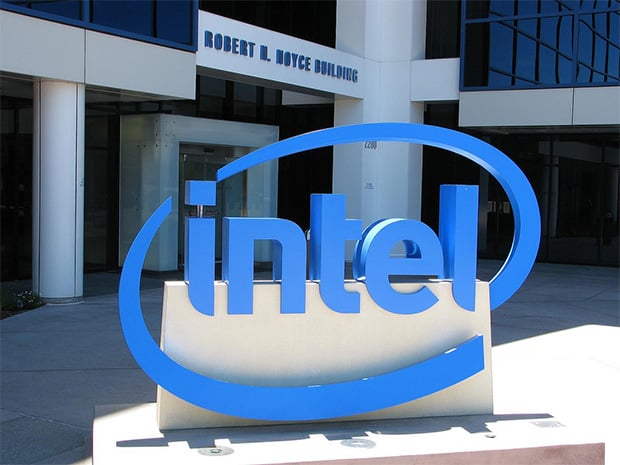Intel Sharpens AI Skills With $400 Million Purchase Of Nervana Deep Learning Startup

Intel, the world's largest producer of semiconductors, has signed a definitive agreement to acquire Nervana Systems, a deep learning startup founded in 2014 and headquartered in San Diego, California. The move buy the startup is in recognition of the growing role artificial intelligence will play in everyday technologies.
"While artificial intelligence is often equated with great science fiction, it isn’t relegated to novels and movies. AI is all around us, from the commonplace (talk-to-text, photo tagging, fraud detection) to the cutting edge (precision medicine, injury prediction, autonomous cars)," Intel's Diane Bryant explains in an editorial announcing the acquisition. "Encompassing compute methods like advanced data analytics, computer vision, natural language processing and machine learning, artificial intelligence is transforming the way businesses operate and how people engage with the world."
Therein lies the appeal of Nervana Systems, which has a fully-optimized software and hardware stack for deep learning. Intel wants to leverage the startup's IP and expertise in accelerating deep learning algorithms to expand its own AI efforts. Specifically, Intel will use Nervana's software and talent to further optimize its Math Kernel Library and to enhance the deep learning performance of its Xeon Phi processors.

"We believe that bringing together the Intel engineers who create the Intel Xeon and Intel Xeon Phi processors with the talented Nervana Systems’ team, we will be able to advance the industry faster than would have otherwise been possible. We will continue to invest in leading edge technologies that complement and enhance Intel’s AI portfolio," Bryant added.
Intel isn't saying how much it's paying for Nervana Systems, but according to Recode and its source with knowledge of the deal, it's valued at around $408 million. If true, that's a handsome sum for a startup with less than 50 employees. It also underscores how important Intel views deep learning and AI, and its desire to dominate the field.
At present, Intel claims its processors power more than 97 percent of servers deployed to support machine learning workloads, with its Xeon E5 line the most popular of them all. Nevertheless, Intel is sort of getting in on the ground floor here—less than 10 percent of servers deployed around the world last year supported machine learning, which is the fastest growing form of AI.

